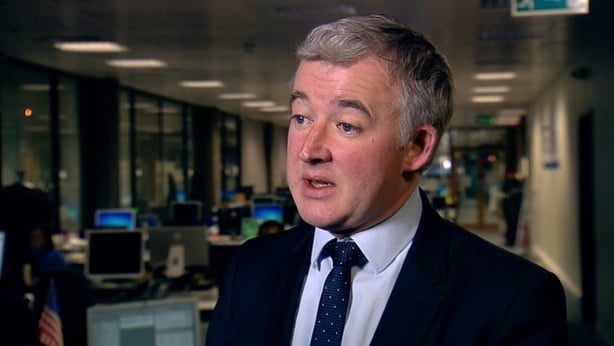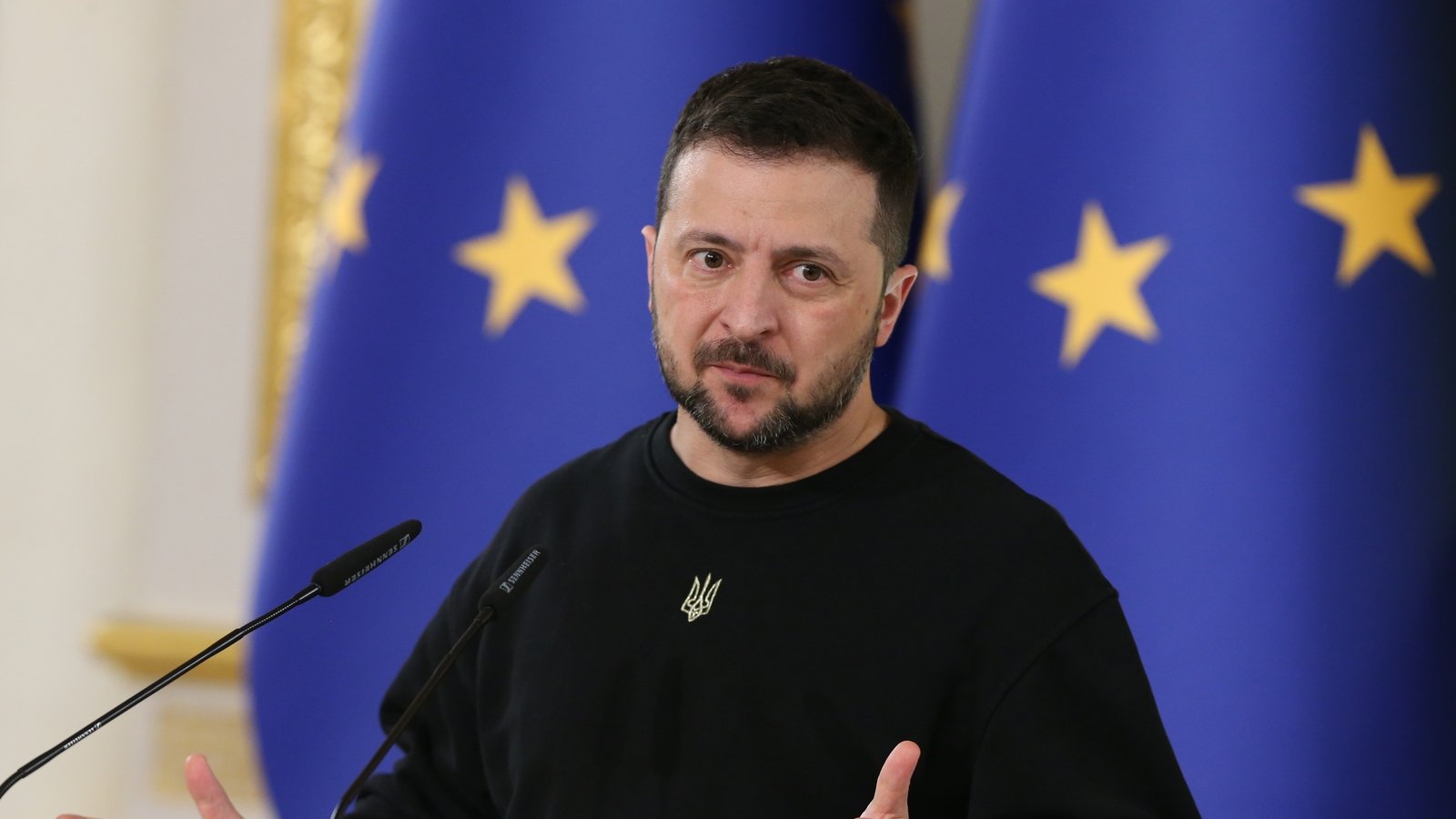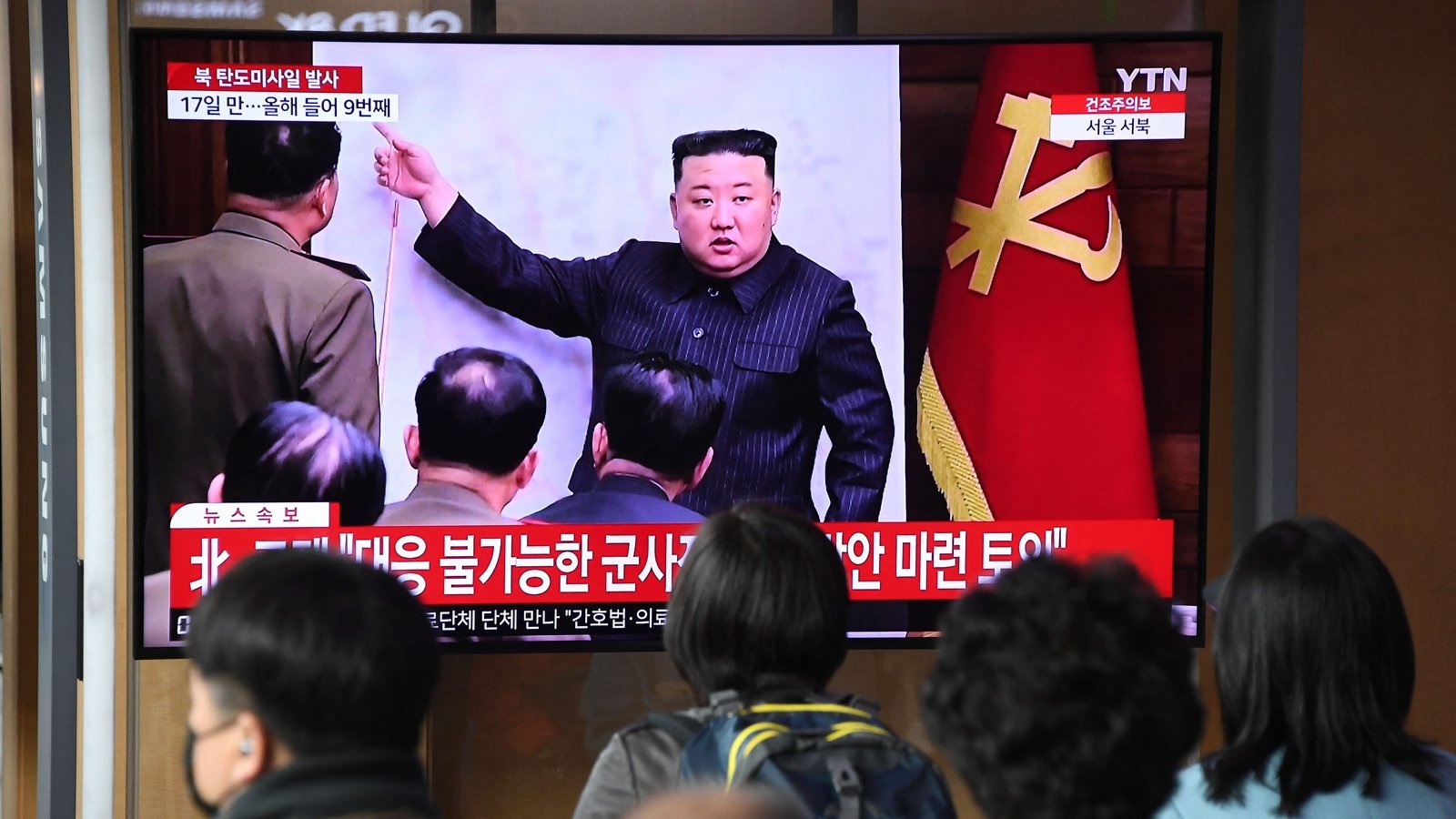‘Clear legislation’ needed to tackle hate crime

The Executive Director of the Irish Council for Civil Liberties has said the Hate Crime Bill deals with hate crime legislation and amending the 1989 Incitement to Hatred Act, and that gardaí and the criminal justice system are calling for these changes.
Liam Herrick said that what they have witnessed in recent years was an increase in people being attacked, being victims of assault, arson, damage to property “and even murder because of who they are”.
Speaking on RTÉ’s Morning Ireland, Mr Herrick said they were seeing homophobic and racist violence increasing.
“The Garda Síochána and the criminal justice system want to properly record and respond to this crime problem,” he said.
“They are calling out for clear legislation that would provide them with the basis to do that in terms of incitement to hatred.
“We have legislation since 1989, but again, the guards and the DPP have said the current legislation is unworkable and it also needs to be updated to include other grounds of discrimination, such as people being victimised because of their disability or their gender.”
Mr Herrick said the Bill has been before the Oireachtas for three years and it is now due to go back to Seanad.
He said that there are changes that do still need to be made to the legislation.
“There’s pretty much broad consensus on the hate crime issues, where there’s very little opposition,” he said.
“But in terms of the incitement to hatred, the Irish Council for Civil Liberties and people across all parties in the Oiereachtas have identified concerns around freedom of expression and at the moment we’re at the point where it’s just about to go back to third stage in the Seanad and those freedom of expression issues still need to be resolved.”

Yesterday, following calls from Sinn Féin for the legislation to be scrapped, Fine Gael leader Simon Harris said the legislation was in the programme for Government.
Sinn Féin’s Spokesperson on Justice Pa Daly said it was “abundantly clear that this legislation has been badly thought through and is not fit for purpose. It must not proceed”.
Mr Daly said the bill does not have support across the political spectrum, and he called on Mr Harris to clarify his position on the matter.
Mr Harris said that legitimate questions have been raised about the content of the legislation.
He said politicians should approach these issues with humility and that he would expect there to be revisions and amendments to the legislation.
Mr Herrick said there “certainly” needs to be amendments and revisions, and there have been proposals across all parties in the Oireachtas to try to deal with the issues.
“The issues are quite technical but also quite important. So, we need a very explicit and clear defense of freedom of expression to ensure that journalists and others are not criminalised by the legislation.
“We need to either remove or significantly tighten offences around the possession and preparation of material and we also need clear definitions in the legislation.”
Mr Herrick added that there is likely to be some movement on those and he welcomed Simon Harris’s “willingness to accept amendments in this area, whether they go far enough or not, I think needs to be addressed.
“But that discussion about real amendments and real issues is quite separate to what we’ve seen over the last couple of days with backbenchers in Fianna Fáil and Fine Gael, all of whom who voted for the legislation in the Dáil, didn’t propose any amendments, and now we’re making some vague sloganeering around why they’re against the bill without saying what they’re against.”
On a definition of hate, Mr Herrick said the Irish Council for Civil Liberties and the Coalition Against Hate Crime favour a definition of hate.
He said there are international legal standards which can be used here to provide clear definitions and legislation.
“And what we would respectfully say is that the lessons of the recent referendums are that the public wants clarity around legislation,” he said.
“They want to understand the definition of terms, and I think that that is still a difference between where the Government stands and where ourselves and civil society stands.
“We agree that there should be clarity and definition, if not in the interpretation section on the Bill, then the minister must find other ways of providing clarity about what certain terms mean.”





